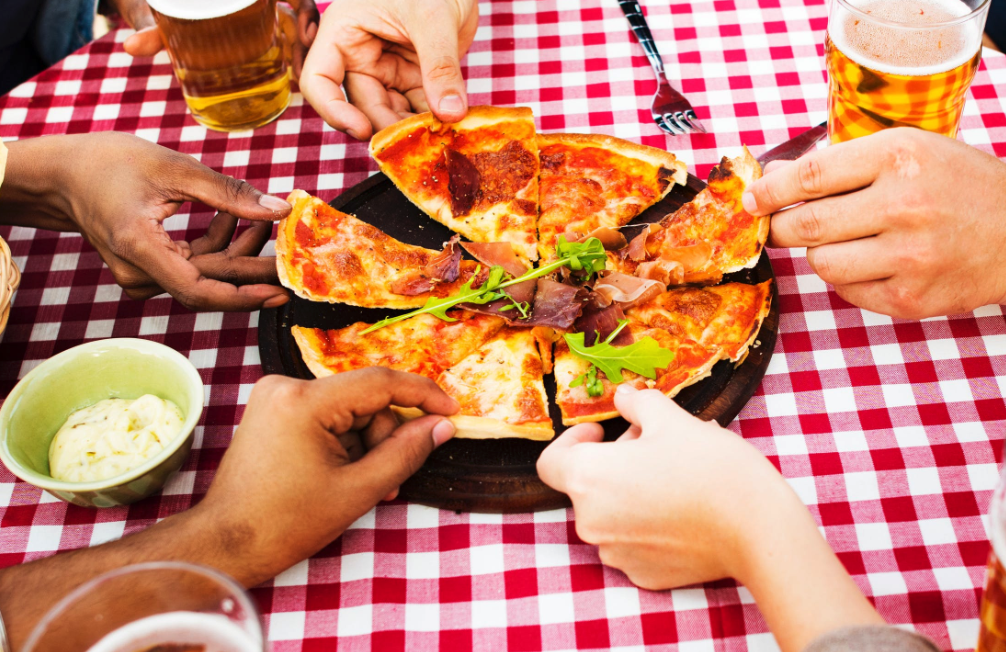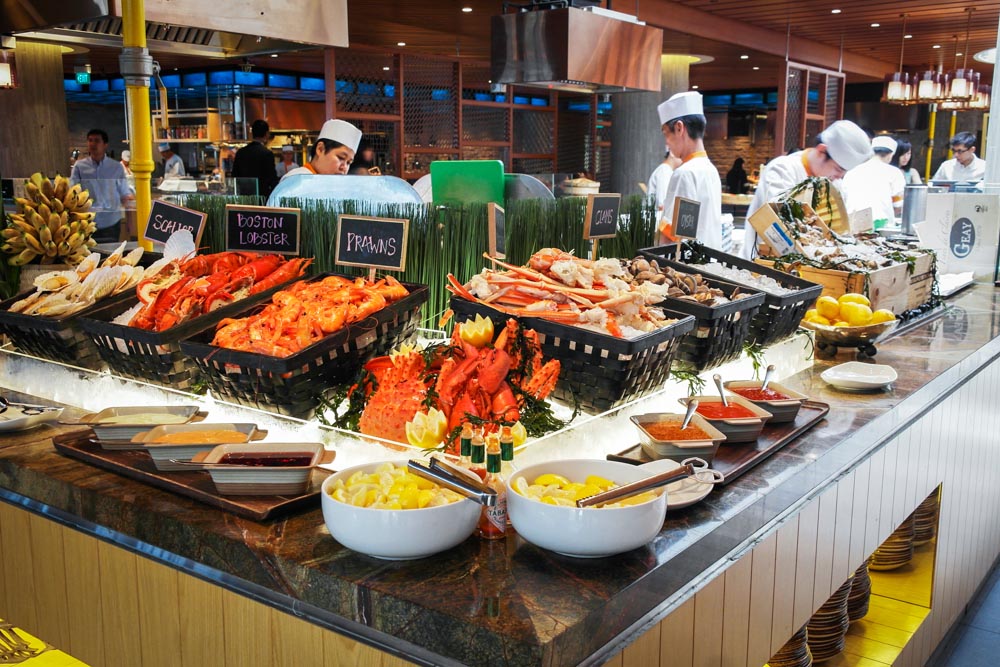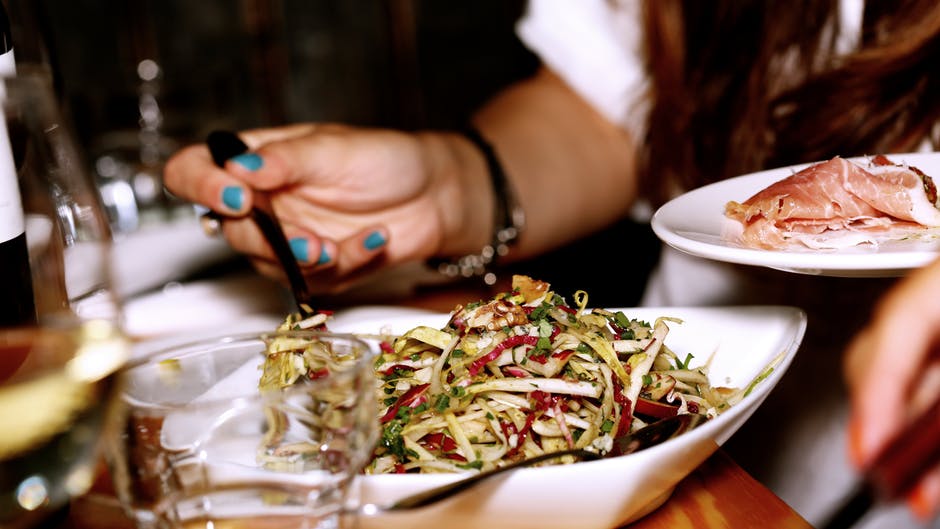Cooking has long been a part of history given its important role in preserving the existence of civilizations. From the once crude methods to the now sophisticated and advanced ways, the culinary industry continues to evolve as the years go by. That is on top of the many types of cuisines being pushed into mainstream which make fusion inevitable. It is therefore vital for every professional in the culinary industry to continue harnessing their skills to cope with the changing trends.
You’re among the best now; do you really need to attend school still?
Sure, it may seem like a waste of time to enroll one’s self in a culinary institution, especially if you are already a working professional. There is always that option to experiment on your own and make use of free references to upgrade your skill set, but that would only take you as far as your interest will go. Moreover, with no one pushing you to go to the extremes, you will most likely still stay on charted paths and fail to stand out among a sea of competitors. Being a chef in today’s culinary-aware world poses a lot of challenge, and if mainstream media has anything to say about it, it is that people’s palettes are now more refined and they are interested not only in the taste of certain fares, but their presentation as well.
The pros of going to culinary school
In culinary school, you get to attend to every single aspect of the craft and elevate them at the same time. You don’t just read, you practice and then you get further coaching when you fail to live up to the standard. You also get the advantage of being exposed to other talented chefs. And this, if anything, pushes you to stand out and become more of a perfectionist but that’s not all of what a cooking experience can provide for you.
Back to basics
For one, it gives you the opportunity to refine your techniques. You may have accumulated as much as five or ten years of professional exposure but that does not mean you have made efficient use of all your skills in the kitchen. Within school, you get to revisit the basics and review all the cookery styles and approaches that help you make stunning and delectable dishes. It is easy to forget about creating gourmet food when you’ve been stuck in a steak house for so long, and it certainly would lessen your palate’s sensitivity to ingredients if you’ve been used to making the same fares using the same materials for years. While in school, you get to break that monotony and tend to your roots once again.
Broadening horizons
Second, school also allows you to learn not only from professors but also from colleagues. In this case, it doesn’t matter if you are an executive chef, or private chef since you are basically all students and on the same ground. It is an avenue where each of you can pick up different ideas and execute them with your own signature. This isn’t something you can take advantage of in other milieus. The real world is not as friendly with the ranks in play, and sometimes, you may even be forced to distance yourself from your colleagues and concentrate on your own role to avoid making mistakes.
Developing multi-specialties
Of course, there is also that advantage of being able to learn more than one type of cuisine. When you start off becoming a chef, you get oriented to a general body of knowledge and then you graduate and intern in a restaurant or hotel. You will most likely get a mentor in that place and learn the way to a successful culinary career. After a while, you get to perfect cooking in that setting. When you enroll again in a culinary institution, you get the opportunity to expose yourself to other types of cookery, which you may or may not apply or fuse with your original specialization. This is definitely beneficial in the long term, especially if you wish to establish your own brand.
Falling in love with cooking all over again
The final advantage of learning in a school setting is that you get to have fun with it. Yes, there is that obligation to perform but the pressure of losing your means of livelihood when you fail is absent. Here, you do not get to limit yourself when it comes to experimenting and exploring your options. If the food doesn’t taste right when served to teachers, you get a second chance at making a good grade. In restaurant setting, on the other hand, the same experience is almost catastrophic and might earn you a probation warning, if not expulsion. Now, as any chef would agree, fun is almost always what walks out of the door when they transition to a professional lifestyle. It is what gets them burned out easily and makes them lose their passion for innovation. Having fun introduced back into the practice through culinary school should help you find cause to celebrate your profession again.
Featured images:
 License: Royalty Free or iStock source: http://office.microsoft.com/en-us/images/?CTT=97
License: Royalty Free or iStock source: http://office.microsoft.com/en-us/images/?CTT=97
Cedric Loiselle is a highly talented writer providing quality articles for a wide range of niches including health, as well as food and cooking. If you are looking to maximize your New Orleans cooking experience, you should read his articles for relevant tips and advice.





